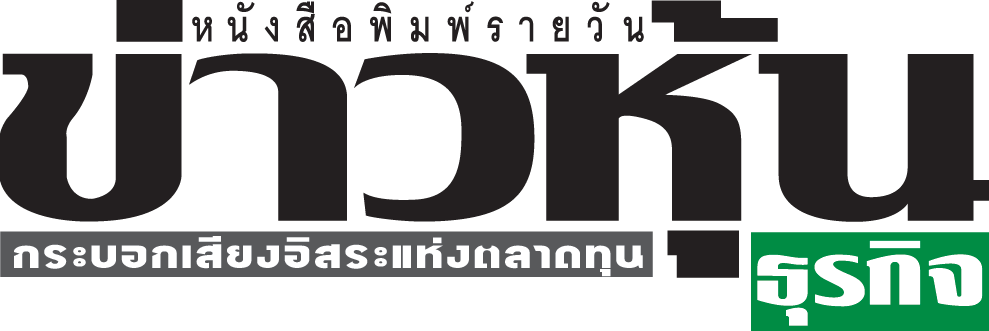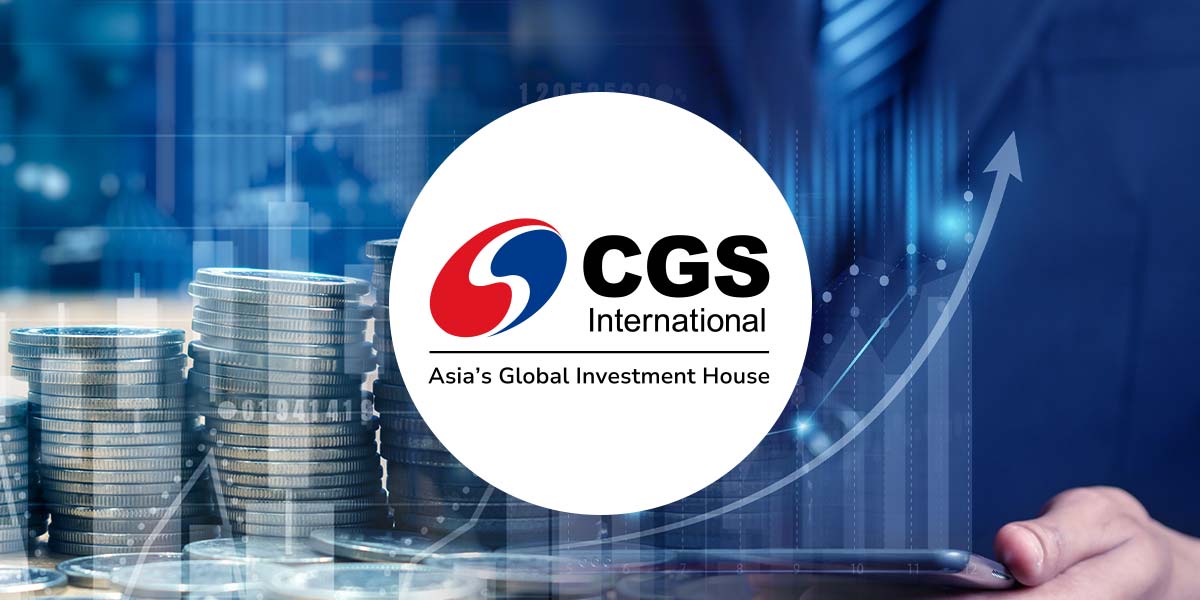
CPF Applies Circular Economy Principles for Sustainable Egg Production
CPF has implemented “Circular Economy” based programs at laying hen complexes nationwide in an effort to become a low carbon organization, reducing climate change impacts and thus producing sustainable foods.
Charoen Pokphand Foods Public Company Limited (CPF) has implemented “Circular Economy” based programs at laying hen complexes nationwide in an effort to become a low carbon organization, reducing climate change impacts and thus producing sustainable foods.
Somkid Wannalukkhee, senior vice president for egg business of CPF, said multiple initiatives ranging from resource efficiency projects to waste reduction and green energy adoption have been implemented in the egg farms to ensure that food production and environmental sustainability can go hand in hand. He says: ““In response to the company’s low carbon organization goal, our seven layer production sites in Chiang Mai, Phitsanulok, Nakhon Ratchasima, Roi Et, Udon Thani, Chanthaburi and Songkhla provinces adopted biogas technology to convert wastewater and animal manure into electricity used in the production processes,”
This waste-to-green energy technology can help the layer complexes to reduce electricity costs by 65-85%. Last year, the company had achieved to reduce 113,000 tons of CO2 equivalent to greenhouse gas emissions and reducing unpleasant odor to the community.
In post-biogas production, sludges are given to local farmers for use as fertilizer in their farms. Post-production water can be recycled back to use within the farm, and some portions will be distributed to the farmers to make sure they have sufficient water resources during the drought.
Somkid added that the water from the post-biogas process contains essential nutrients for plants. In doing this, the farmers who received water from CPF’s operations can enjoy better productivity.
Aside from promoting renewable energy, the company focuses on promote reduction of food waste in the value chain to reduce the amount of landfill waste and disposal through variety of programs such as sell of broken eggs from production process including egg juice that mixed with shell and deteriorated egg juice to farmers nearby areas to make aquafeed or fertilizer.
Meanwhile, Ban Na Egg Processing plant in Nakhon Nayok Province has converted about 1,000 tons of leftover eggshells from the production process into fertilizer and given away to local farmers. The pilot project enables local farmers to save a large amount of farming costs.


